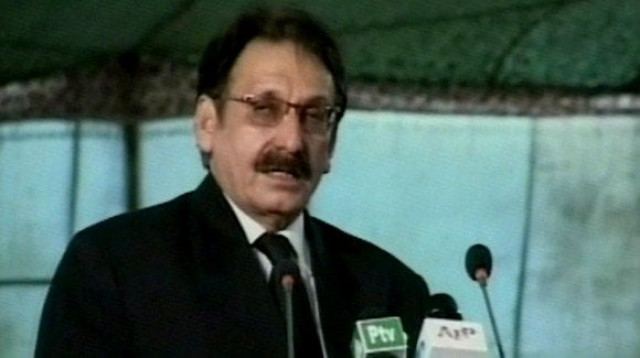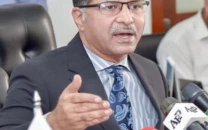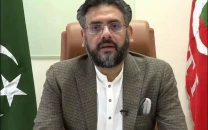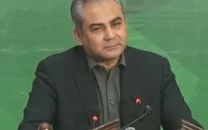‘Election, not selection, should be the method’
Thursday saw the resumption of arguments in the case against the 18th constitutional amendment in the Supreme Court.

On behalf of petitioner Rawalpindi District Bar, counsel Ikram Chaudhry objected to the newly devised constitutional procedure for appointing judges. Pleading that article 175-A was an attempt to bring the judiciary under the control of the executive, he objected to the inclusion of the law minister and attorney general in the judicial commission. He also said members of the parliamentary committee would represent the government while appointing judges.
At this, Justice Sair Ali asked: “Why are you objecting to this, given that the law minister was also part of the process in the previous system?”
“The parliamentary committee cannot nominate judges; it can only confirm or veto the names suggested by the judicial commission,” said Justice Javed Iqbal, reassuringly. “If the authority of the parliament has been increased, no one should worry about it,” said Justice Khalilur Rehman Ramday.
Next up was Mian Ghaffarul Haq, the counsel for PML-Zia president Ejazul Haq. His first objection was to the changing of the name of NWFP to Khyber-Pakhtunkhwa. “By changing the name of NWFP, the constitutional committee has disturbed the touchstone of the constitution,” argued Haq.
Citing from speeches made by Muhammad Ali Jinnah on March 28 and April 2, 1948, Haq insisted that the founder of the nation had rejected provincialism. Haq said the renaming was an attempt to create provincial disharmony and to create a rift amongst Pakistanis. To support his argument, he cited examples of the unrest that engulfed the region in the wake of the renaming.
“The unrest was a national phenomenon and the court cannot intervene in such issues; we are bound to follow the law, not events,” rebuked Chaudhry.
Haq then moved on to criticise the elimination of the clause mandating intra-party elections. By doing so, Haq argued, the constitutional committee had paved the way for dictators who wreak havoc on the constitution.
This proved too much for silver-tongued Justice Jawwad S Khwaja. “Isn’t the petitioner who is now campaigning for the protection of fundamental rights the son of a dictator himself?” Khwaja asked slyly. But the other judges quickly rose to Haq’s defence. “We should confine the discussion to the petitioner; his parents should not be brought in,” chided Justice Asif Saeed Khosa.
Even the chief justice threw his weight behind Khosa. “We encourage the petitioner to continue campaigning for fundamental rights and the rule of the constitution,” said Chaudhry. Chastised, Khwaja subsequently apologised to Ejazul Haq for his remarks.
Continuing his arguments, Ghaffarul Haq then challenged the selection criteria specified by party chiefs for election against reserved seats for women in the National Assembly. “According to article 63-A, party heads sitting outside the parliament can control the chosen representatives, which runs against the spirit of a parliamentary democracy,” said Ghaffarul Haq.
“Almost 99 per cent of seats reserved for women have gone to the [party chiefs’] relatives,” added Justice Khilji Arif Hussain. “This is not ‘election’; it is ‘selection’,” agreed Khosa. “People don’t know who will be selected on the basis of the vote they cast in the elections,” he said, advising the counsel to take up such a critical issue in a separate petition.
But Justice Javed Iqbal was quick with words of caution. “You must keep the ‘fallout’ theory in mind; if the Supreme Court strikes down this provision, all the women will have to go home,” he said.
Later, Chaudhry adjourned the hearing till Monday, which is when Zulfiqar Naqvi will begin arguing on behalf of petitioner Lahore High Court Bar Association Rawalpindi Bench.
Published in The Express Tribune, July 9th, 2010.



















COMMENTS
Comments are moderated and generally will be posted if they are on-topic and not abusive.
For more information, please see our Comments FAQ